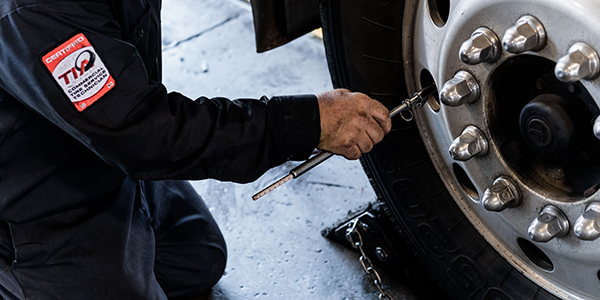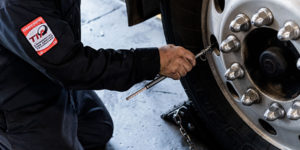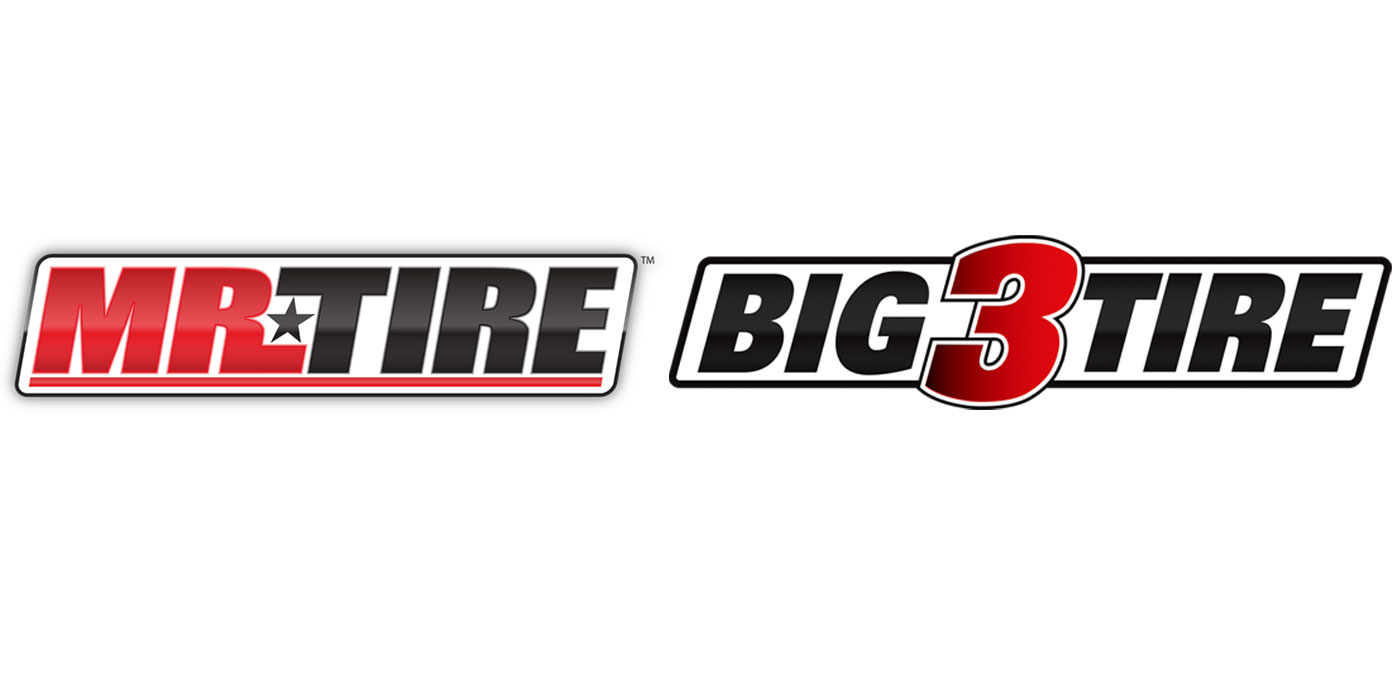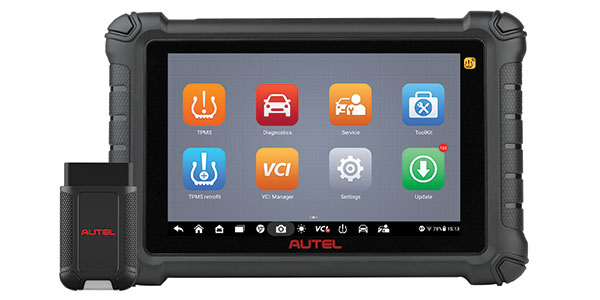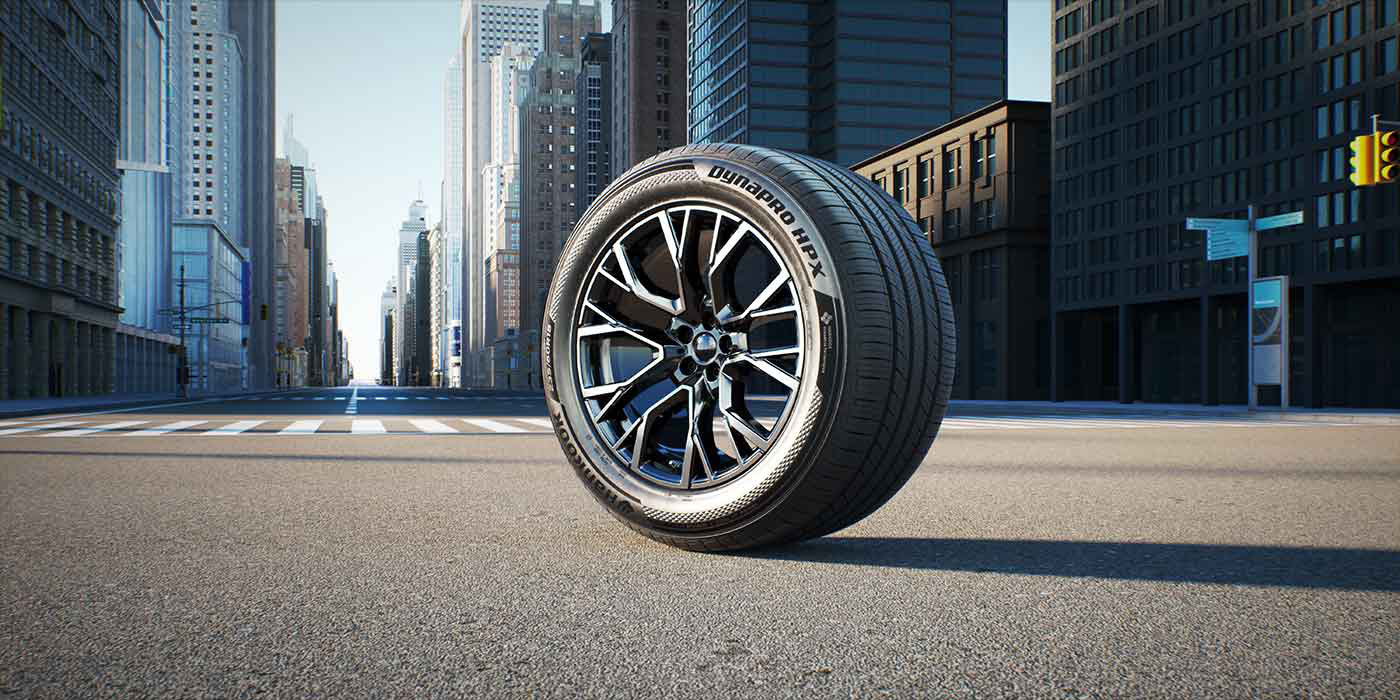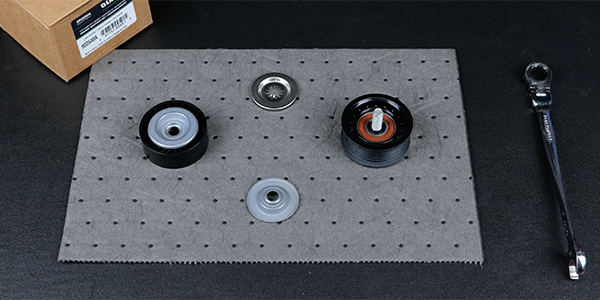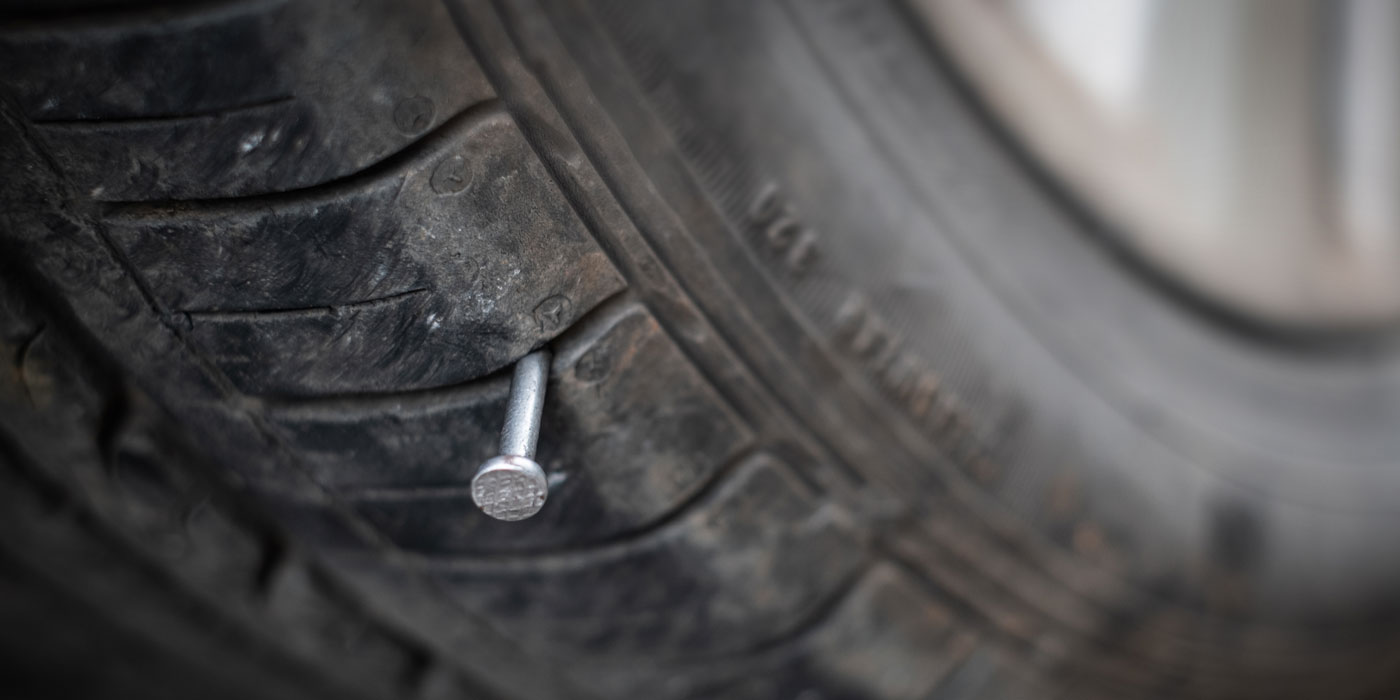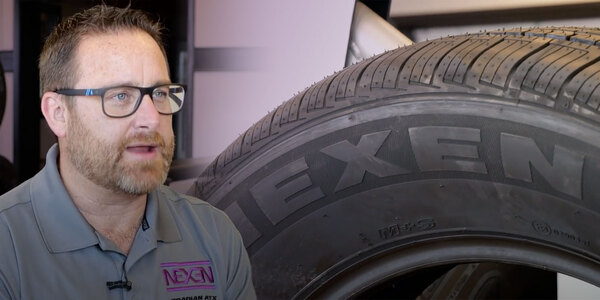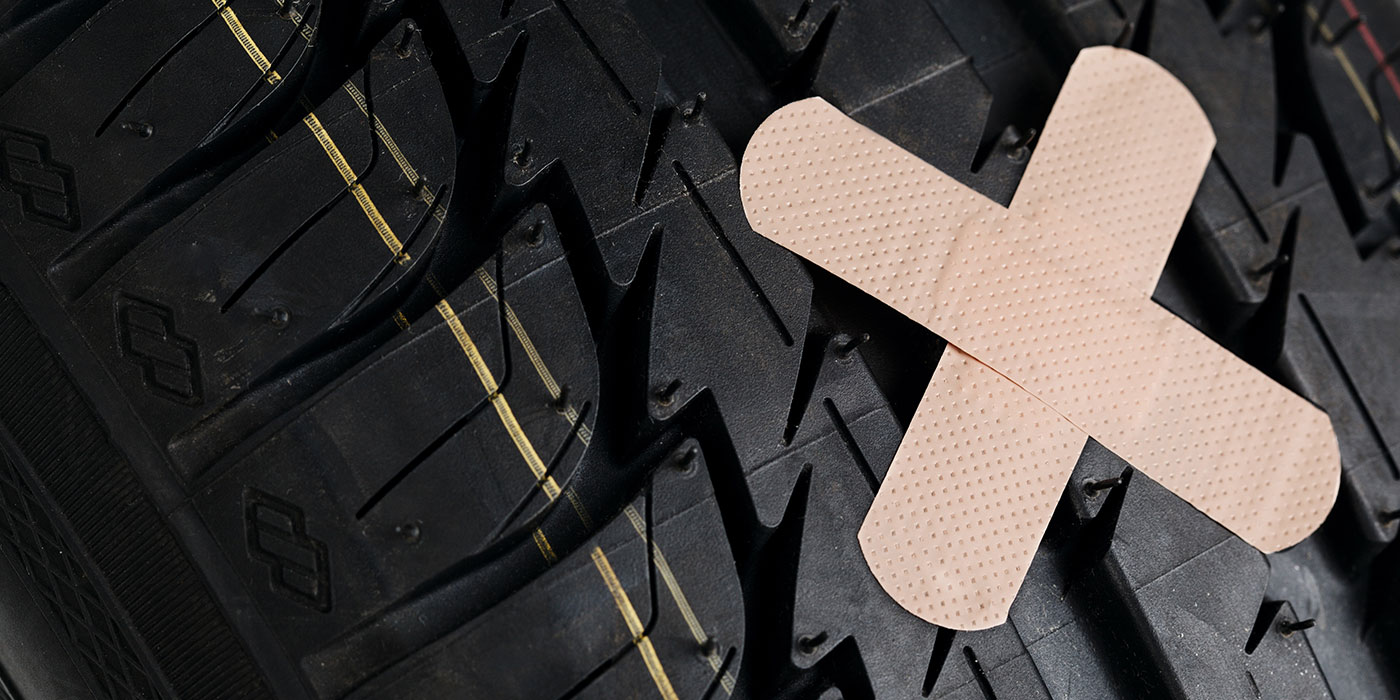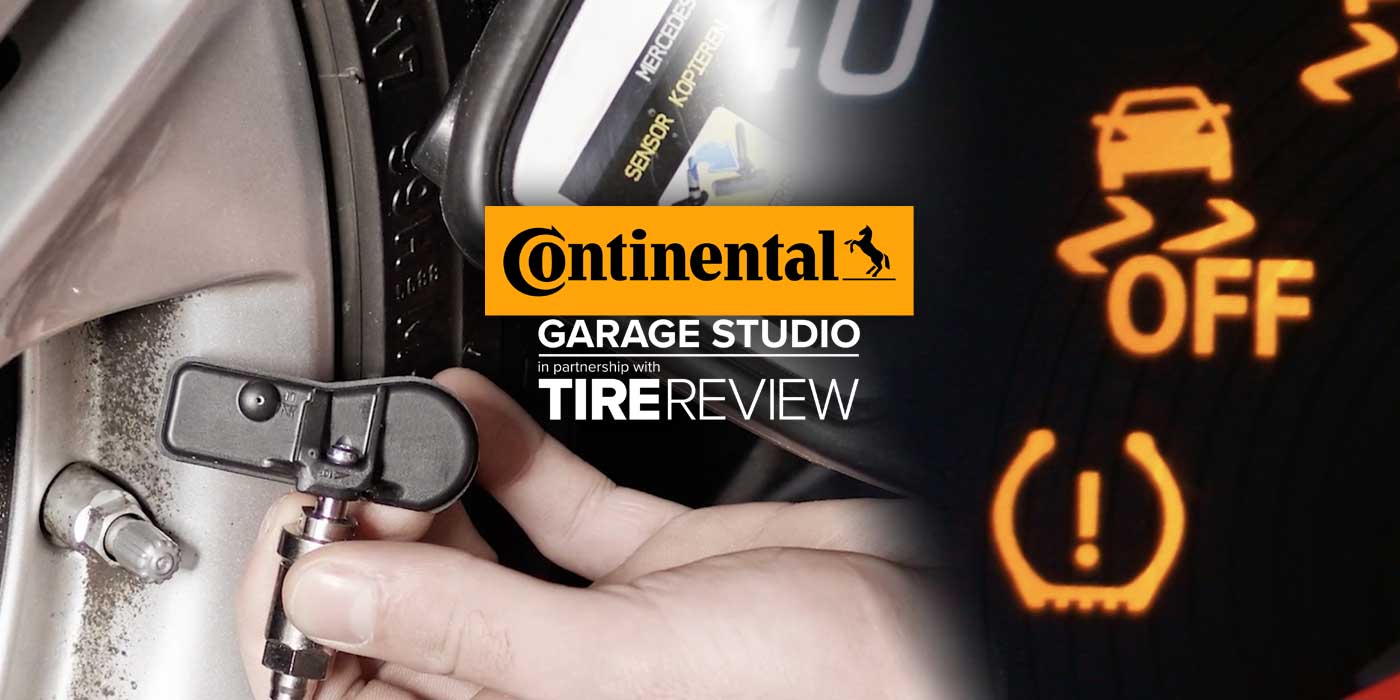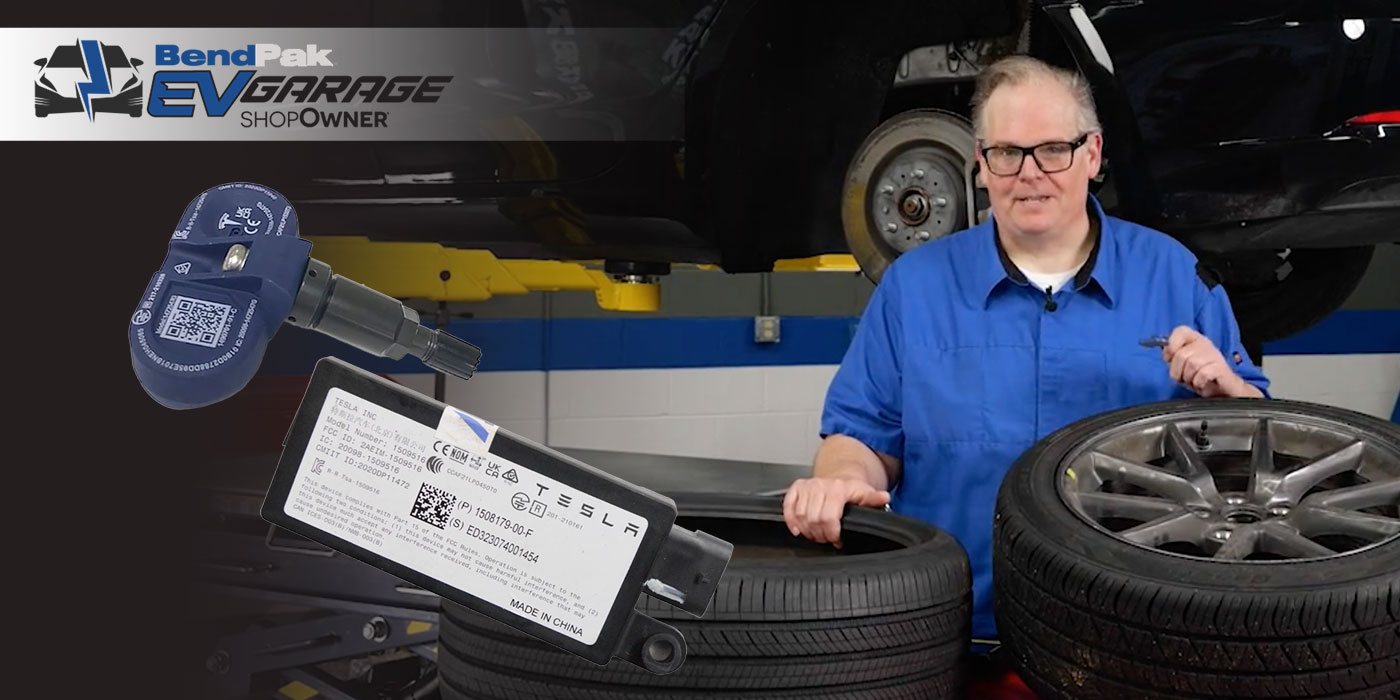We talk about tire maintenance a lot, but rightfully so. Tires play a vital role in operating vehicles, and diligent maintenance is crucial to your safety and your bottom line. Proactive tire maintenance can help you protect your investment and prevent unnecessary downtime – and it starts with a simple pre-trip inspection.
Performing pre-trips enables you to catch any issues before you hit the road, giving you a chance to resolve problems before they worsen or leave you broken down mid-route. Pre-trips, when partnered with emerging technology like tire pressure monitoring systems, can help decrease your chances of an on-road failure, improve your fuel economy and increase the overall lifespan of your tires.
Be sure to take care of your tires now so you’re ready to roll through peak hauling season with little to no interruption.
Inflation is Still Important as Ever
It’s estimated that over 80 percent of on-road tire failures not caused by a road hazard are the result of under inflation. Under/over inflation is also the leading cause of premature wear. It’s important to remember this during the transition between winter and spring when your tires are most vulnerable to changes in the weather. For every 10 degree change in the temperature outside, your tire pressure can change by one to three psi.
Check your tire pressure during every pre-trip inspection to help improve performance and to help avoid on-road failures down the road. Always plan to do your pressure check when the tires are cold, as warm tires that have been running for any period of time could give you an inaccurate reading. Refer to the manufacturer’s guide or your tire’s side wall to find the recommended psi for your tires.
Under-inflated tires don’t just lead to failures; they also impact your fuel economy. US Department of Transportation (DOT) studies have shown that every 10 psi of under-inflation in a commercial tire causes fuel economy to drop half of one percent. As fuel is also a top cost for drivers, taking care of your tires can help take care of your fuel costs as well.
The TPMS Advantage
Tire pressure monitoring systems (TPMS) make detecting low tire pressure much easier for drivers, saving valuable time and money by letting you know when your pressure is low. Checking the pressure in all 18 tires, while necessary, takes away from the time on the road, getting you that much closer to making your next delivery. TPMS technology notifies you when your tire pressure is low, right down to which tire is causing trouble, its temperature and leak rate.
While TPMS can save you the trouble of identifying low tire pressure, it’s still up to drivers to report any issues and have their tires looked at by a trusted professional. It’s also recommended that you have a professional tire technician inspect your TPMS hardware and valve periodically in order to ensure its performance and accuracy.
If you don’t have TPMS technology in your truck, pre-trip checks can help you identify low inflation levels before your next route. And if you do have TPMS technology in your vehicle, make sure you have a plan in place for when it notifies you of low pressure issues.
This article was sponsored by TA Truck Service. For more information,
please visit: https://www.ta-petro.com/amenities/truck-repair-maintenance.

